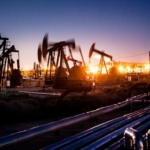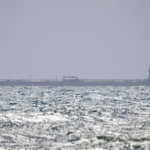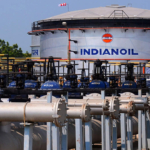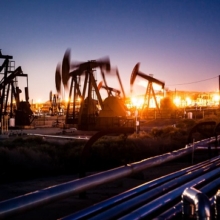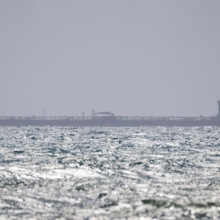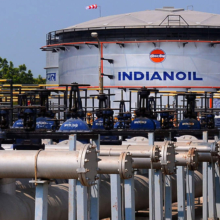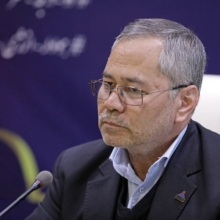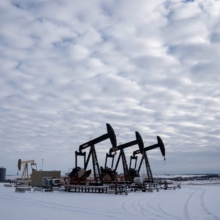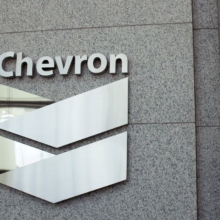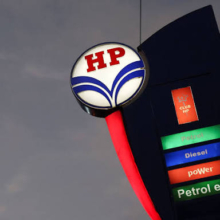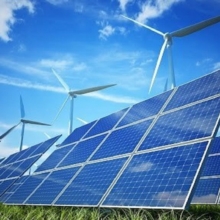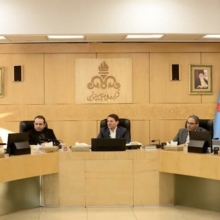Is Iran’s new government preparing for a gas price hike?
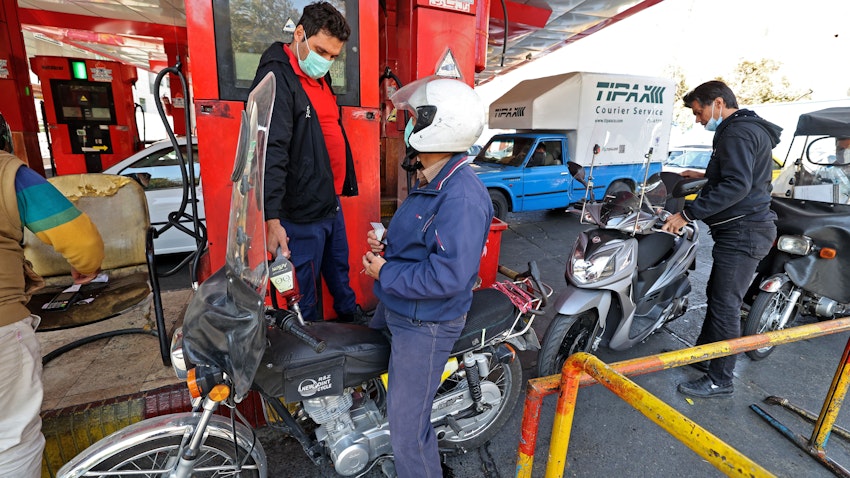
RoydadNaft – Iran’s new Reformist government is increasingly criticizing the low gasoline prices in the country, charging that it defies logic to strongly subsidize fuel. The Masoud Pezeshkian administration’s apparent desire to increase gas prices has divided Iranians across the political spectrum. Some argue that a price hike is necessary, pointing to high consumption and rampant smuggling. Others maintain that such a move would put even more pressure on the livelihoods of ordinary Iranians, mindful of past unrest sparked by sudden jumps in fuel prices.
The coverage: Pezeshkian has in recent weeks criticized the low price of gasoline in Iran, echoing arguments made during his presidential campaign.
- The president said there is “no logic” in heavily subsidizing gasoline purchased with foreign currency exchanged at the higher open market rate. “I do not believe that any concerned individual… would accept this policy,” he insisted.
- Three days later, First Vice President Mohammad Reza Aref sought to assure the public that the government would “not rush” to make any decisions about potentially hiking gasoline prices.
However, Aref on Sept. 8 echoed the president’s comments, fueling speculation that the government is planning to slash fuel subsidies.
- Aref reiterated Pezeshkian’s remarks at the inauguration ceremony of new Petroleum Minister Mohsen Paknejad, questioning the “common sense” of offering heavy fuel subsidies.
- At the same time, the first vice president insisted that despite the government’s position, “We do not want to do anything yet.”
Some commentators and media outlets have come out in support of increasing fuel prices, arguing that it would be an economically sound decision.
- In its lead story on Sept. 9, Javan newspaper—an affiliate of the Islamic Revolutionary Guard Corps (IRGC)—backed a “rational plan” to increase prices. Notably, Javan also urged “revolutionary forces” to help the Reformist administration, in a thinly veiled reference to conservative rivals of Pezeshkian.
- Economist Jafar Kheirkhahan on Sept. 9 told business news site Eghtesad Online that gasoline price policies should have been addressed years ago, arguing that increasing prices now would be “a small part of reforms that need to be implemented.”
Meanwhile, critics say a fuel price hike is neither a priority nor necessary.
- Taking a dig at Aref’s reference to “common sense,” Hammihan daily on Sept. 9 argued that Internet censorship raises more questions about the term than providing fuel subsidies. The pro-reform outlet added that voters who put Pezeshkian in office believe there are more pressing issues that need to be addressed first.
- Mohammad Royanian, a conservative commentator and former official, asserted on Sept. 6 that there are better ways to address gasoline shortages and reduce fuel consumption, such as expanding public transportation.
The context/analysis: Fuel prices are a thorny subject in Iran, not least because the last price hike in Nov. 2019 led to one of the most deadly unrests in years.
- Nationwide protests were initially sparked by an overnight hike in fuel prices, but demonstrations soon turned into an open revolt against the Islamic Republic.
- The authorities shut down the Internet as protesters were met with a deadly crackdown. At least 321 people lost their lives, according to Amnesty International.
The highly subsidized gasoline, long considered a birthright by many Iranians, has contributed to rampant fuel smuggling to neighboring countries.
- According to Zeynab Qeysari, a member of the parliament’s energy security, mineral resources, and sustainable development commission, around 4B USD worth of fuel is smuggled out of Iran every year.
- Around a quarter of smuggled fuel reportedly ends up in Pakistan, which shares a porous 900-kilometer (559 miles) border with Iran.
Iran is an energy-rich country ranking third worldwide in terms of proven crude oil reserves. Yet, despite major development of refinery capacity, production often fails to meet demand.
- Iranian media report that the country faces a daily gasoline shortage of around 15M liters, driven by smuggling and local refineries’ inability to keep up with demand.
The future: The Pezeshkian administration appears intent on increasing gasoline prices, and judging by the reaction of Javan it may have the support of the IRGC.
- Mindful of the aftermath of the 2019 gas price hike, the government will likely approach fuel subsidy reform more cautiously—possibly incrementally increasing prices over time.
Increasing fuel prices could help reduce what critics label as excessive consumption, smuggling and also encourage further use of public transportation.
- But to get people to use public transit, the government and municipalities need to invest further in expanding transportation networks and modernizing buses and trains.

